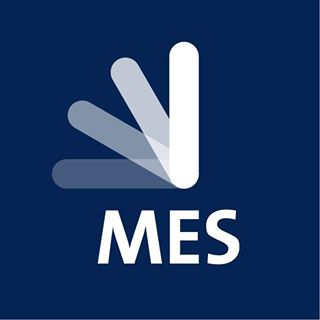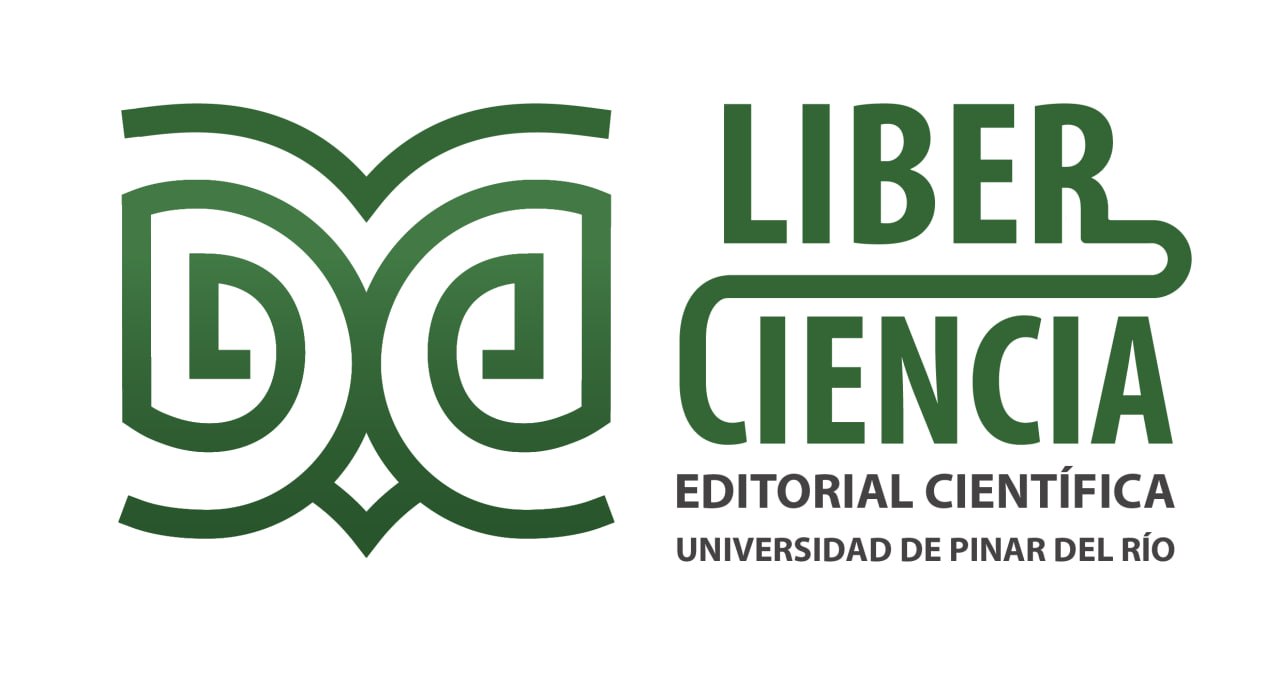Notes for the beginning of a research: an experience with Bachelor of Music students VI Taller sobre "La Enseñanza de las Artes en la Educación Superior"
Main Article Content
Abstract
Traditionally, the curriculum for the training of the musician culminates with a graduation recital where the development of skills in the student during the career can be seen. Nowadays, alternatives appear for the completion of studies that may seem advantageous, however, facing the writing of a thesis for the first time makes the process difficult and sometimes delays the completion of the studies. To reduce these effects, the objective was chosen to design a thematic guide that systematizes experiences according to their research and that constitutes the axis of a reflection on the orientation of music students during the research project based on the curriculum, the theoretical framework and a orientation procedure. They were used as dialectical-materialist methods, in conjunction with other methods and techniques; The study has a qualitative and sequential approach, at the theoretical level, the historical-logical and analytical-synthetic method was used. Faced with the dilemma of preparing the Bachelor of Music student to prepare a research project from practice and in the final stage of their studies, a procedure was designed that constitutes a guiding basis for teachers or tutors who must carry out this work. taking into account motivational aspects, the skills that the student must acquire for the development of research, the actions that comprise the skill, the multidisciplinary characteristic of music and the profiles of the graduates of this career.
Downloads
Article Details

This work is licensed under a Creative Commons Attribution-NonCommercial 4.0 International License.
References
Ariza, S.V., Alonso, P. & García, R. (2022). La articulación teoría-práctica en la construcción del conocimiento desde el arte y el diseño. La formación de investigadores en el IADA. (Reporte Técnico) UACJ/Investigación http://cathi.uacj.mx/bitstream/handle/20.500.11961/22002/Reporte%20Técnico%20ARIZA%20ALONSO%20GARCÍA%20280222.pdf?sequence=1&isAllowed=y
Bautista, A. & Fernández-Morante, B. (2018). Monográfico sobre Investigación en Interpretación Musical: Implicaciones para el Desarrollo Profesional Docente. Psychology, Society, & Education, 10(1), pp. 1-13. https://dialnet.unirioja.es/descarga/articulo/6360183.pdf
Carrillo, M. T. de J. y Benavides, B. (2022). El currículo en el siglo XXI: competencias, identidades y profesiones. Pedagogía y Saberes, (57), pp. 25-37. http://www.scielo.org.co/scielo.php?script=sci_arttext&pid=S0121-24942022000200025
Cirujeda, G. D. y Pózo, A. (2006). El músico. Una introducción a la psicología de la interpretación musical. Madrid; Ediciones Mundimúsica. https://books.google.com.cu/books/about/El_m%C3%BAsico.html?id=P-G-cQAACAAJ&redir_esc=y
De la Peña Consuegra, G., & Velázquez Ávila, R. M. (2023). Algunas reflexiones sobre la teoría general de sistemas y el enfoque sistémico en las investigaciones científicas. Revista Cubana De Educación Superior, 37(2 may-ago). https://revistas.uh.cu/rces/article/view/3074
Instituto de Arquitectura, Diseño y Arte. (2016). Mapa curricular. Programa de Licenciatura en Música. Instituto de Arquitectura, Diseño y Arte https://www.uacj.mx/oferta/documentos/IADA_LM/Mapa-curricular-Lic.Musica.pdf
Londoño, O. L., Maldonado, L. F. & Calderón, L. C. (2014). Guía para construir estados del arte. Bogota: International Corporation of Networks of Knowledge. Colombia, Bogotá International Corporation of Network knowledge http://repositorio.minedu.gob.pe/bitstream/handle/20.500.12799/4637/Guías%20para%20construir%20estados%20del%20arte.pdf?sequence=1&isAllowed=y
López-Cano, R. & San Cristobal, U. (2014). Investigación artística en música. Problemas, métodos, experiencias y modelos. México: Fondo Nacional para la Cultura y las Artes. Escola Superior de Música de Catalunya, Grup de Recerca i Creació Musicals. http://rlopezcano.blogspot.com/2014/04/investigacion-artistica-en-musica.html
Martínez, L. M. (2022). Estructura de la base orientadora de la acción en la asignatura Análisis de Datos en la Investigación Social. Revista Conrado, 18(87), pp. 209-222. http://scielo.sld.cu/pdf/rc/v18n87/1990-8644-rc-18-87-209.pdf
Morales, P. de los A., Bermúdez, J. A., & García, J. C. (2018). El fenómeno del conocimiento como problema en la investigación educativa. Sophia, colección de Filosofía de la Educación, 25(2), pp. 157-182. http://scielo.senescyt.gob.ec/pdf/sophia/n25/1390-3861-Sophia-25-000157.pdf
Solovieva, Y. & Quintanar, L. (2021). La teoría de la actividad para el aprendizaje desde la concepción de Nina F. Talizina. Ensino desenvolvimental: Sistema Galperin-Talízina, 13, pp. 148-172. https://downloads.editoracientifica.org/articles/210705490.pdf
Solovieva, Y. (2019). Las aportaciones de la teoría de la actividad para la enseñanza. Educando para Educar, (37). https://beceneslp.edu.mx/ojs2/index.php/epe/article/view/51/50
Talizina, N. (2009). La teoría de la actividad aplicada a la enseñanza. México: Benemérita Universidad Autónoma de Puebla
Unidad Académica de Artes [UAA] (2021). Mapa Curricular Licenciatura en Música con Especialización en Instrumento. https://artes.uaz.edu.mx/wp-content/uploads/2021/08/MAPA-CURRICULAR-LIC-EN-INSTRUMENTOS.pdf
Unidad Académica de Artes [UAA]. (2021a). Licenciatura en Música con énfasis en Instrumento. Zacatecas: Universidad Autónoma de Zacatecas. https://artes.uaz.edu.mx/licenciatura-en-instrument
Universidad de Sonora. (2021). Mapa curricular-Licenciatura en Música. https://ofertaeducativa.unison.mx/wp-content/uploads/2019/03/MC-LMU.pdf




